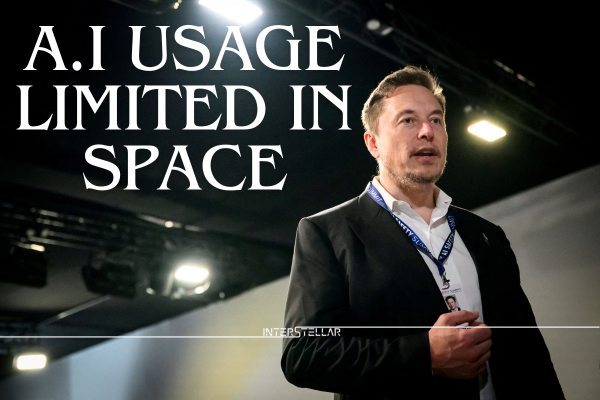SpaceX CEO Elon Musk discussed the potential of artificial intelligence (AI) at the 27th annual Milken Institute Global Conference on Monday, 6 May. He emphasised the significant role AI could play in advancing human civilisation, while also noting its current limitations in the field of space travel.
Musk pointed out that space exploration currently uses very little AI, citing SpaceX and Starlink as examples. “Oddly enough, one of the areas where there’s almost no AI used is space exploration,” he stated. He explained that although he’s not opposed to using AI in space travel, existing AI has not been particularly helpful. “I’ll ask it questions about the Fermi paradox, rocket engine design, and electrochemistry. So far, the AI has been terrible at all those questions. There’s still a long way to go.”
Despite this, Musk remains optimistic about AI’s potential in other areas. He believes that, eventually, biological intelligence will represent less than 1% of all intelligence, with the remaining 99% being digital. However, he stressed the importance of creating AI that is both “truth-seeking” and “maximally curious.” Such attributes would ensure that AI promotes and enhances human civilisation, as it remains far more complex and interesting than any inanimate natural landscape.
Musk’s vision calls for building AI that always strives for truth and isn’t programmed to lie or conceal facts, even if they may be politically incorrect. He argues that this approach is essential for fostering human progress.
In summary, while AI has yet to find a prominent role in space exploration, Musk foresees its broader impact on civilisation and advocates for developing AI that aligns with human values.





